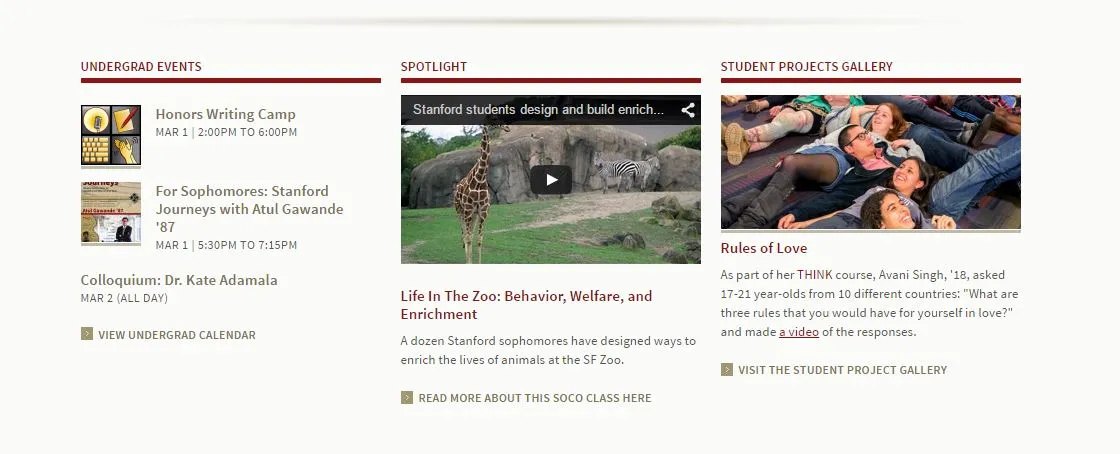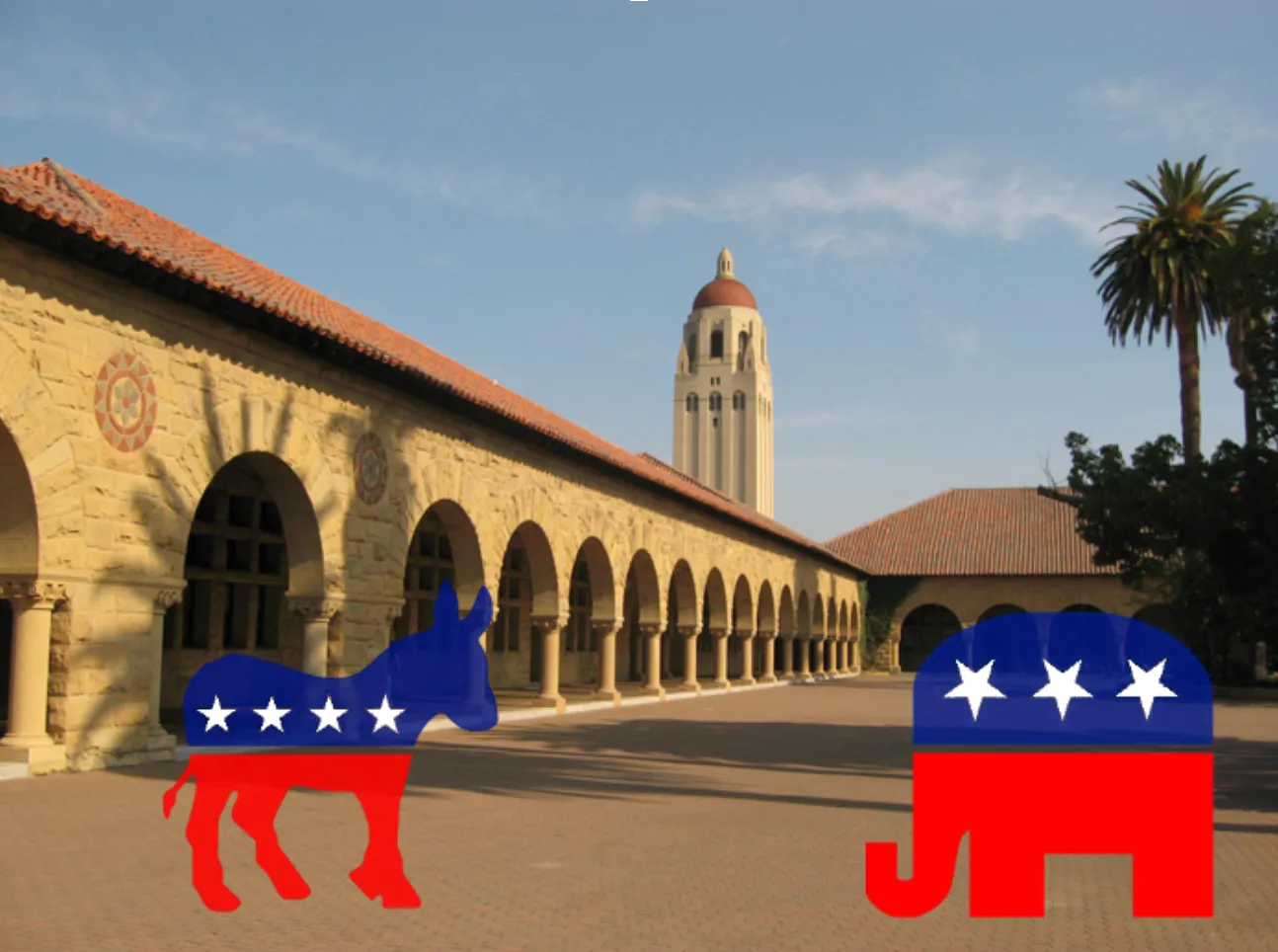Table of Contents
Since the Enlightenment, scientific advancement and religious worship have maintained a tumultuous relationship. This tension continues today, when many accept the notion that intellectual inquiry is incompatible with devout religious faith. Nowhere is this debate more acute than in the battlefield of higher education.
However, a recent Inside Higher Ed article by Scott Jaschik, “The Education/Religion Connection,” published a study revealing the incompatibility between education and faith to be a false dichotomy.
According to the article, Philip Schwadel, associate professor of sociology at the University of Nebraska—Lincoln, studied students’ changes in their approaches to faith as they progressed through college. Findings varied, as Schwadel explained, “depending on how you define ‘religious’.”
Students tended to reject the notion that faith must include a literal interpretation of religious texts and a belief that one faith is superior to all others. Instead, when faith is defined in broader terms, such as church attendance, study of the Bible, exploration of other faiths, and belief in God, students tend to intensify their faiths as they proceed through college.
Father Nathan Castle, director of the Catholic Community and past chair of the Executive Board of the Catholic Campus Ministry Association, elaborated on his own experiences with Stanford students’ relationships with religious faith.
“Students are attracted to the extensive network a faith-based organization provides because religious traditions talk about deeper values and the difficult questions in life,” said Fr. Castle.
Castle has observed that many students do not commit themselves to their faiths in college, but head the other way.
“One thing that’s not uncommon are students who practiced a faith wanting to explore the adventure that is college, causing them to make religious practice a low priority,” said Castle.
However, he often sees students come back to religion, especially when they have reached a troubled or empty stage in their lives.
“While I was at Arizona State, a party school, a lot of students would scare themselves straight when they nearly drank or drugged their way out of school,” he continued. “That wakeup call would often have them questioning their lives, and faith-based organizations provide a support for that.”
Fr. Castle pointed out that according to the UCLA ASTIN study, students active in faith-based organizations graduate at a rate 80% higher than those who are not. He emphasized that the university environment of exploration and questioning one’s assumptions often stimulates students to intensify their religious worship.
“Plenty of students are more religiously active than their parents are and find themselves having to explain this. It is a good thing to challenge pre-suppositions of your life. You have to ask questions in places you have not gone before,” said Castle.
The university environment, providing access to several different faith groups, provides students with the opportunity to explore different faiths like they may have never done before.
“Because many different faith groups are in close proximity, students explore different cultures and faiths,” Castle explained. “Two things—falling in love and death of close ones provoke questions about one’s faith and often have students make profound decisions about their spiritual lives, whether it’s [to] intensify their own or exploring a new one.”
Finally, Castle made a key point about how religion can thrive at a place such as Stanford, where students approach every area of study questioningly.
“Removal of the literal interpretation of texts is not equal to loss of faith,” he explained. “It just leads to a deeper understanding of what you knew earlier.”
Echoing Schwadel’s point that the definition of religion is important when considering how college students approach faith, Castle said, “Not a lot of people have been taught religion at an adult level. For instance, it is widely known that Jonah is not a historical prophet and that the biblical story of him being swallowed by a whale is a fable. An important dimension of religion is to understand genre.”







